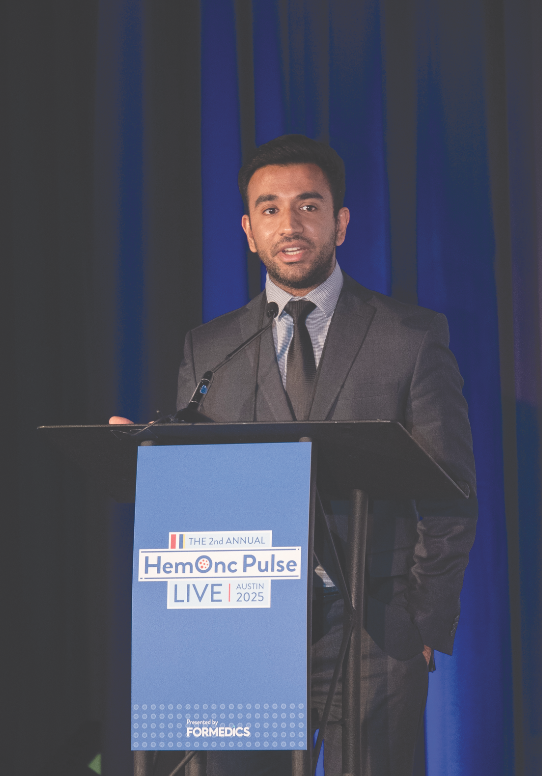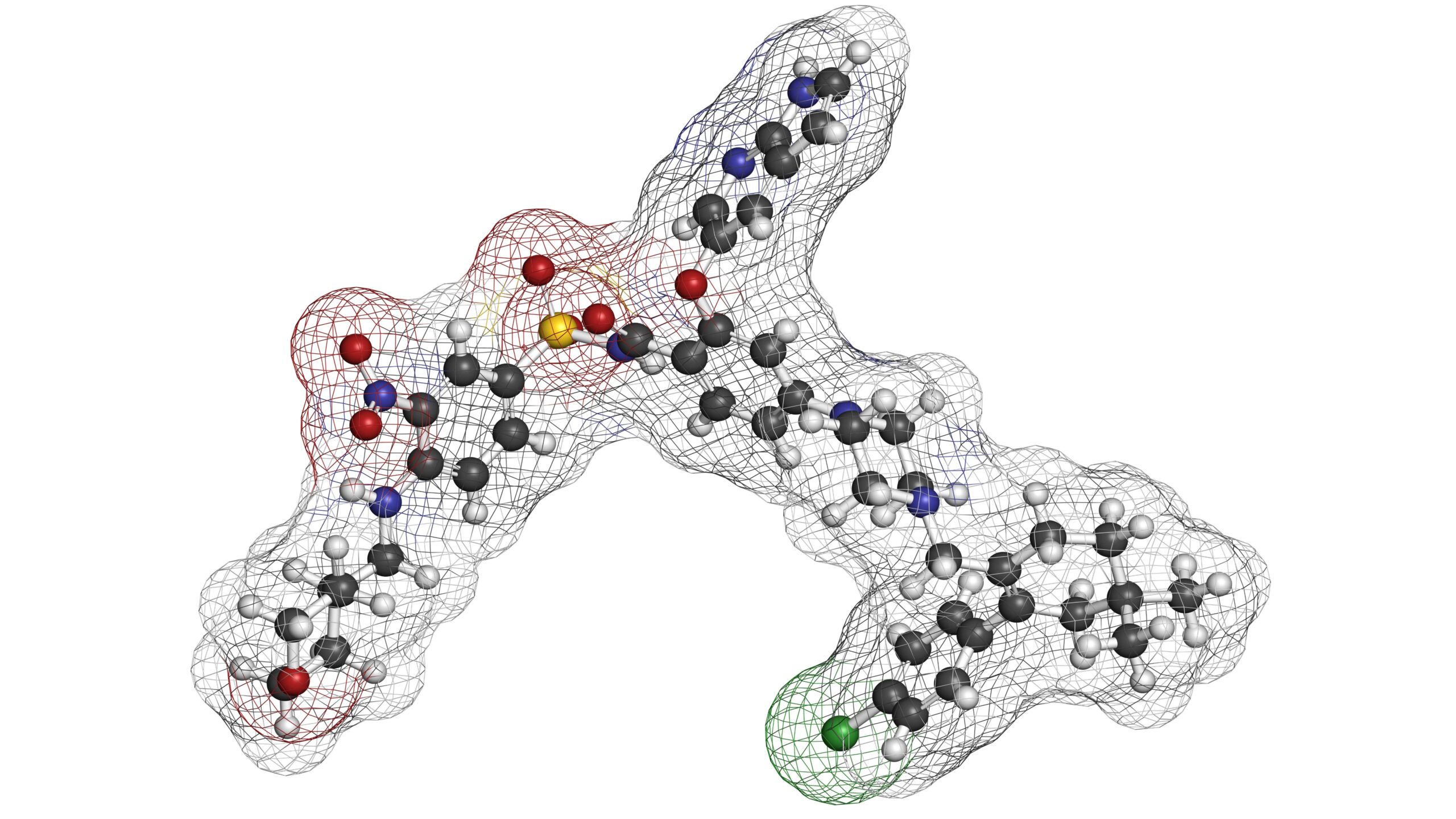
Imetelstat, a first-in-class telomerase inhibitor, was effective in achieving red blood cell transfusion independence (RBC-TI) in patients with lower-risk myelodysplastic syndromes (LR-MDS) relapsed or refractory to erythropoiesis-stimulating agents (ESAs), according to results published in Blood by Rami Komrokji, MD, of the Moffitt Cancer Center in Tampa, Florida, and colleagues.
The results were significant across different risk subgroups irrespective of the risk classification assessment model used.
The results are from the IMerge study, a phase II/III global study of imetelstat for patients with RBC transfusion-dependent non-del(5q) LR-MDS relapsed or refractory to ESAs or who are ineligible for ESAs.
Overall, significantly higher rates of ≥8-week, ≥24-week, and ≥1-year RBC-TI were achieved in patients receiving imetelstat (39.8%, 28.0%, and 13.6%, respectively) versus those receiving placebo (15.0%, 3.3%, and 1.7%, respectively).
Furthermore, improvement in RBC-TI rates was observed in patients treated with imetelstat versus placebo across different risk subgroups as defined by the International Prognostic Scoring System (IPSS), revised IPSS (IPSS-R), IPSS-R cytogenetic, or IPSS-molecular risk profiles.
The placebo, in contrast, did not achieve durable (≥24 weeks and ≥1 year) TI response in the higher-risk groups irrespective of the risk classification assessment model used.
“TI response rates with imetelstat in higher-risk subgroups with poor prognosis were similar to TI response rates in lower-risk subgroups of heavily transfused [relapsed or refractory] ESA LR-MDS, indicating that clinical efficacy of imetelstat is independent of risk categories,” the authors wrote.
Reference






 © 2025 Mashup Media, LLC, a Formedics Property. All Rights Reserved.
© 2025 Mashup Media, LLC, a Formedics Property. All Rights Reserved.